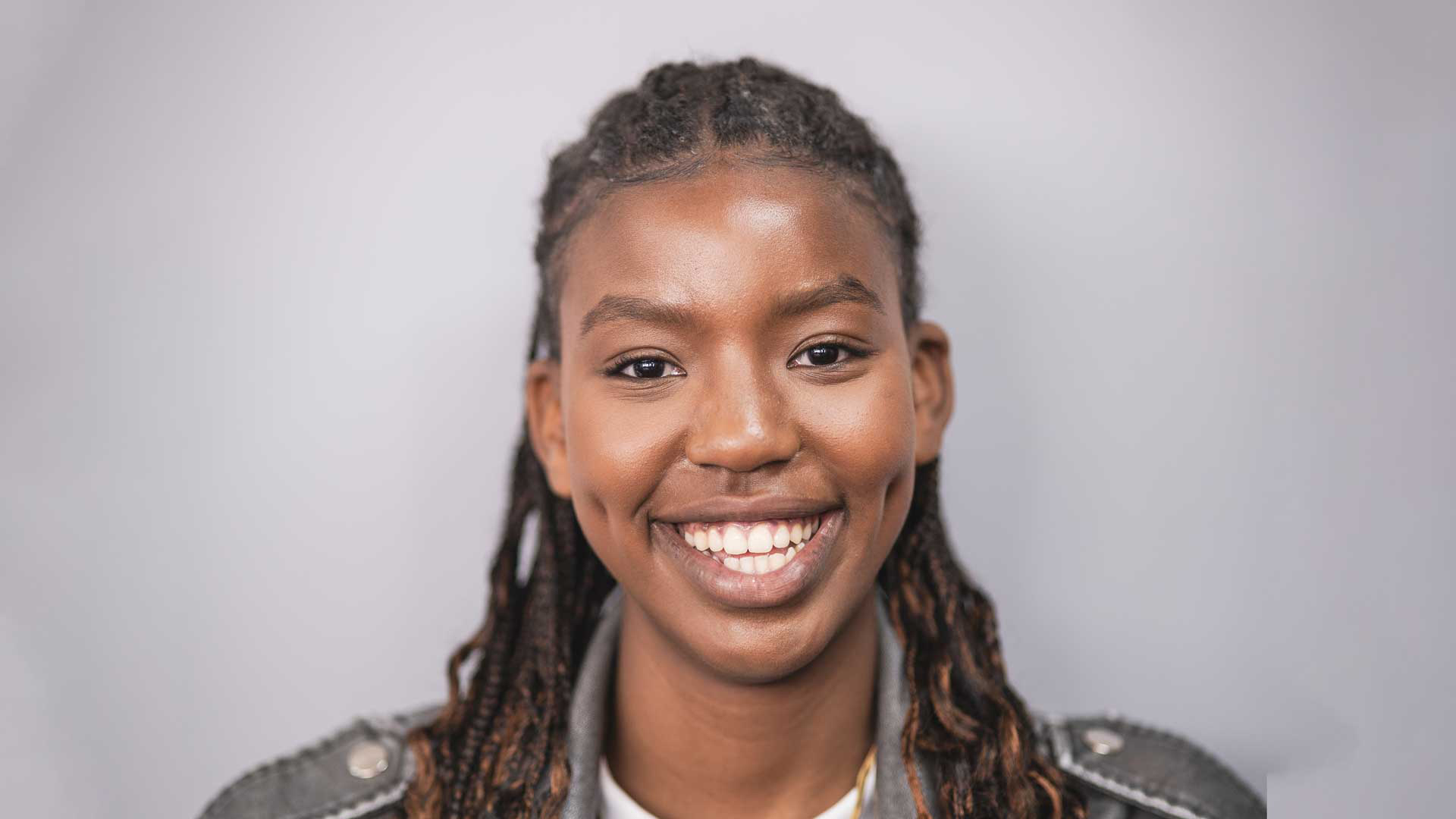I’ve been told my whole life that my name’s too hard to pronounce, so I’ve got used to saying, “Hi, my name’s Tumi,” not “Hi, my name’s Tumukunde.” But at the same time, am I taking away from my own identity by not introducing myself as me and introducing myself as a nickname? That’s kind of like the mystery, “Oh, who is Tumi?”
My mum and sister and cousins call me Kunde. That’s a really cute nickname. I still love my name. My mum’s Burundian, and she chose my name from my grandma. Tumukunde means: ‘You’re gonna love her.’
I feel like the meaning of my name reflects my personality. I’m the type of person who sees someone and I’ll go speak to them, even though I don’t really know them, because I was once in that position. When I came to England, I felt isolated. I didn’t really have anyone to talk to, and my mates chose to come and speak to me. So since I’ve been through it, I want to make an impact on another person’s life.
Read more:
- Big Issue hands the reins to young people from disadvantaged areas for landmark special issue
- School standards minister dodges question from disabled boy about future of his education
- TikTok entrepreneur Simon Squibb: ‘Money won’t make you happy – but it gives you choices’
I’m 15 now, we’ve been here for 11 years. I remember vivid moments about the DRC [Democratic Republic of the Congo] but because I was only three or four, not a lot. I heard stories from my mum, sister and brother. Because I’m the youngest, I was really confused about why I was moving countries. I’m a kid who’s really buzzing with questions inside of my head. Going on an aeroplane for the first time I was like, “Where am I going? Why am I going here?”
When I came to England, whoa, culture shock! Why are schools like this? Why do people dress like this? Why do they speak like that? The biggest differences were probably the lifestyles and the cultural norms, the fashion. Africa is a really warm continent. I was used to wearing sandals, summer dresses. Then my mates would wear ripped jeans, skinny jeans, crazy.





